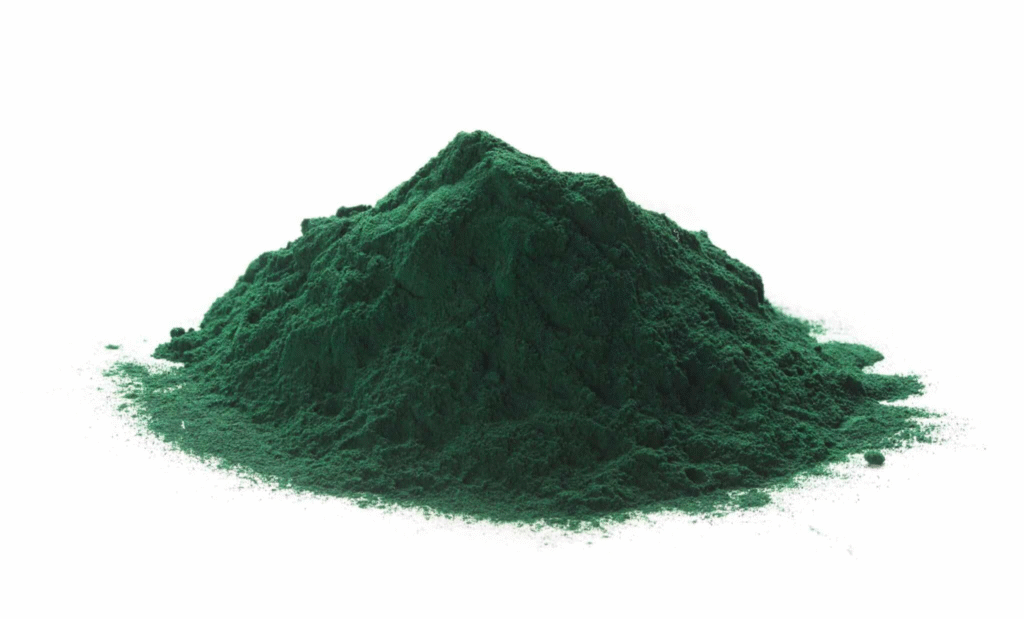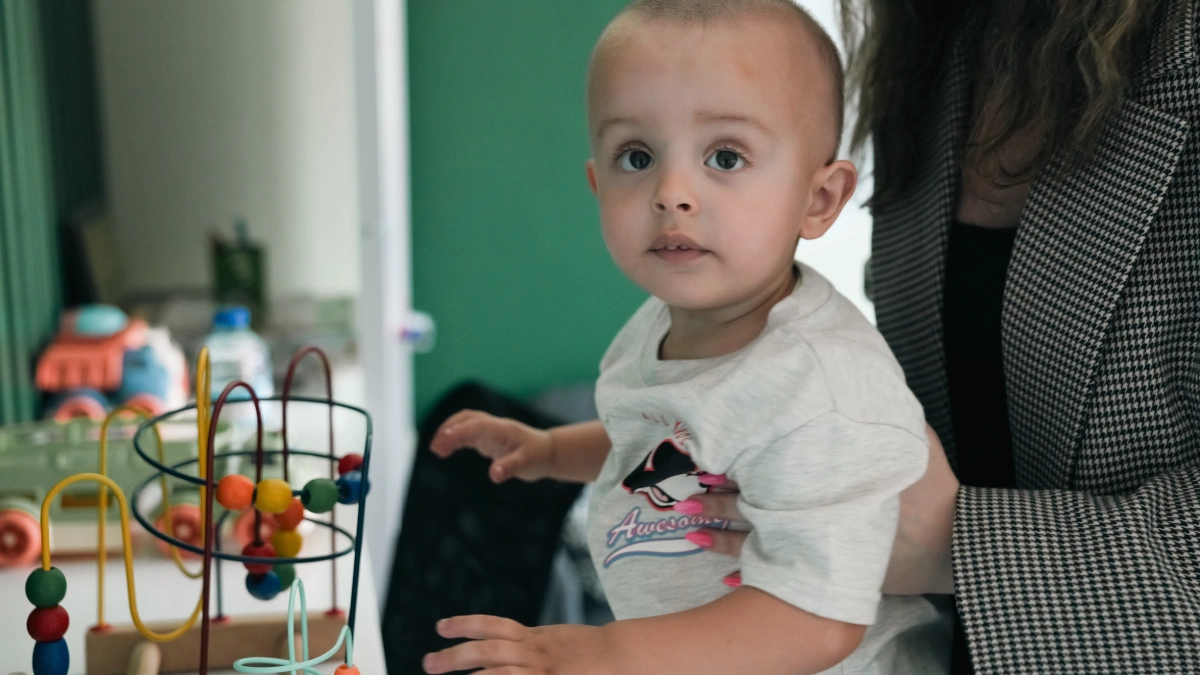Stem cell therapy has become a groundbreaking option for families seeking new hope in autism treatment. As research deepens, natural supplements like spirulina are gaining attention for their potential to enhance therapeutic outcomes. But how exactly does spirulina fit into the picture of stem cell therapy for autism?
Table of Contents
What is Spirulina and Why Is It Important?
Spirulina is a blue-green algae known for its dense nutritional profile. Rich in antioxidants, essential amino acids, vitamins (B-complex, K, E) and minerals (iron, magnesium), spirulina has long been used to support immune function, reduce inflammation, and improve gut health.
These properties are particularly relevant in autism, where oxidative stress, mitochondrial dysfunction, and chronic inflammation are often present.
Stem Cell Therapy for Autism: A Quick Overview
Stem cell therapy involves the use of mesenchymal stem cells (MSCs) to reduce inflammation and modulate immune function. Current stem cell therapy for autism clinical trials show improvements in:
- Eye contact and social interaction
- Verbal communication
- Reduced stereotypical behaviors
Families often search for terms like:
Best Stem Cell Clinics for Autism
Stem Cell Therapy Autism Near Me
Stem Cell Therapy Autism Success Rate
Adding nutritional strategies like spirulina may boost the success stories even further.

How Spirulina Supports Stem Cell Therapy
- Reduces Oxidative Stress
Spirulina contains phycocyanin, a pigment-protein complex that neutralizes free radicals. Since oxidative stress impairs stem cell function, spirulina helps preserve stem cell viability post-infusion. - Enhances Gut-Brain Axis
A healthy gut microbiome is critical for children with autism. Spirulina’s prebiotic properties support beneficial bacteria, indirectly benefiting neurological function and therapy effectiveness. - Supports Detoxification
Heavy metals like mercury and lead can interfere with stem cell therapy. Spirulina binds to these toxins and facilitates their elimination—an essential step for children on a gluten-free, casein-free, sugar-free detox diet post-treatment. - Immune Modulation
Spirulina regulates immune responses without overstimulating them—supporting stem cell engraftment and reducing adverse reactions.
Clinical Insights and Research
A 2022 pilot study published in Frontiers in Nutrition suggested that spirulina supplementation in children with ASD improved attention span and sleep quality.
Though direct RCTs combining spirulina with stem cell therapy are limited, emerging autism research supports their synergistic potential.
Expert Insight:
“In our clinical practice, we’ve seen better recovery in children who followed a well-planned nutritional protocol including spirulina. It appears to reduce post-therapy inflammation and enhance behavioral improvements.”
— Dr. Alicia Moore, Pediatric Neuroimmunologist
Safety, Dosage, and Recommendations
- Start low: Begin with 250 mg daily under clinical supervision
- Build up: Titrate up to 1–2 grams/day based on age and tolerance
- Monitor: Watch for rare allergic reactions or GI upset
- Choose wisely: Ensure spirulina is organic, heavy metal-free, and non-irradiated
Conclusion: Is Spirulina Worth Including in Your Autism Protocol?
While spirulina is not a cure, its antioxidant, anti-inflammatory, and detoxifying qualities make it a strong nutritional companion to stem cell therapy for autism. In clinical settings where comprehensive care is the standard, spirulina can help optimize outcomes and support long-term wellness.
FAQs: Spirulina and Stem Cell Therapy for Autism
Can spirulina be used during stem cell therapy?
Yes, when supervised by your clinical team. It supports detox, immunity, and stem cell viability.
Is spirulina safe for children with autism?
Generally, yes. However, always consult with your healthcare provider for dosage and purity.
How long should spirulina be taken post-therapy?
Typically, at least 3–6 months, adjusted according to response and other supplements in use.
Does spirulina interfere with stem cell efficacy?
No. On the contrary, it may enhance outcomes by reducing oxidative damage and inflammation.
